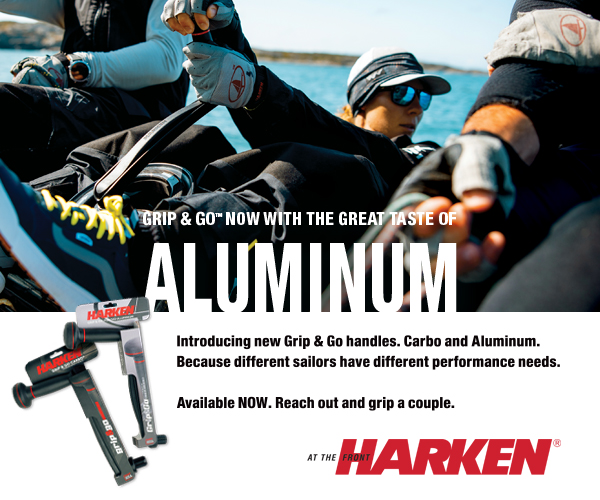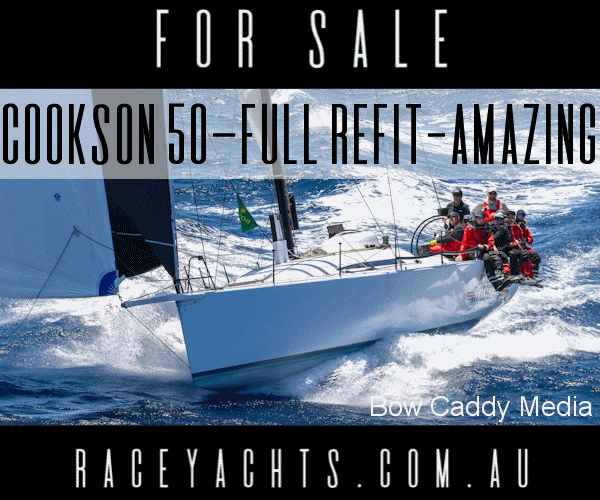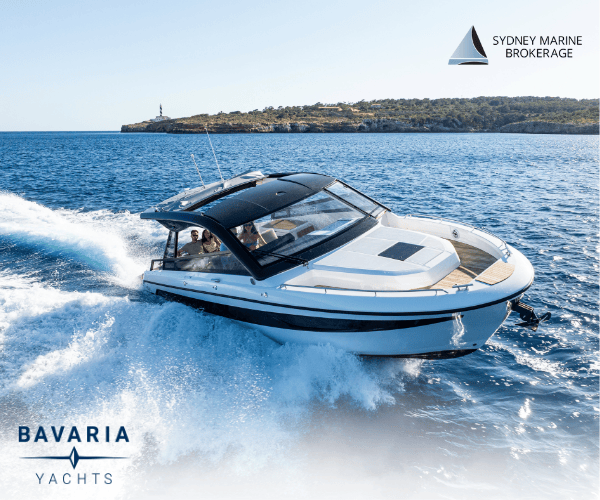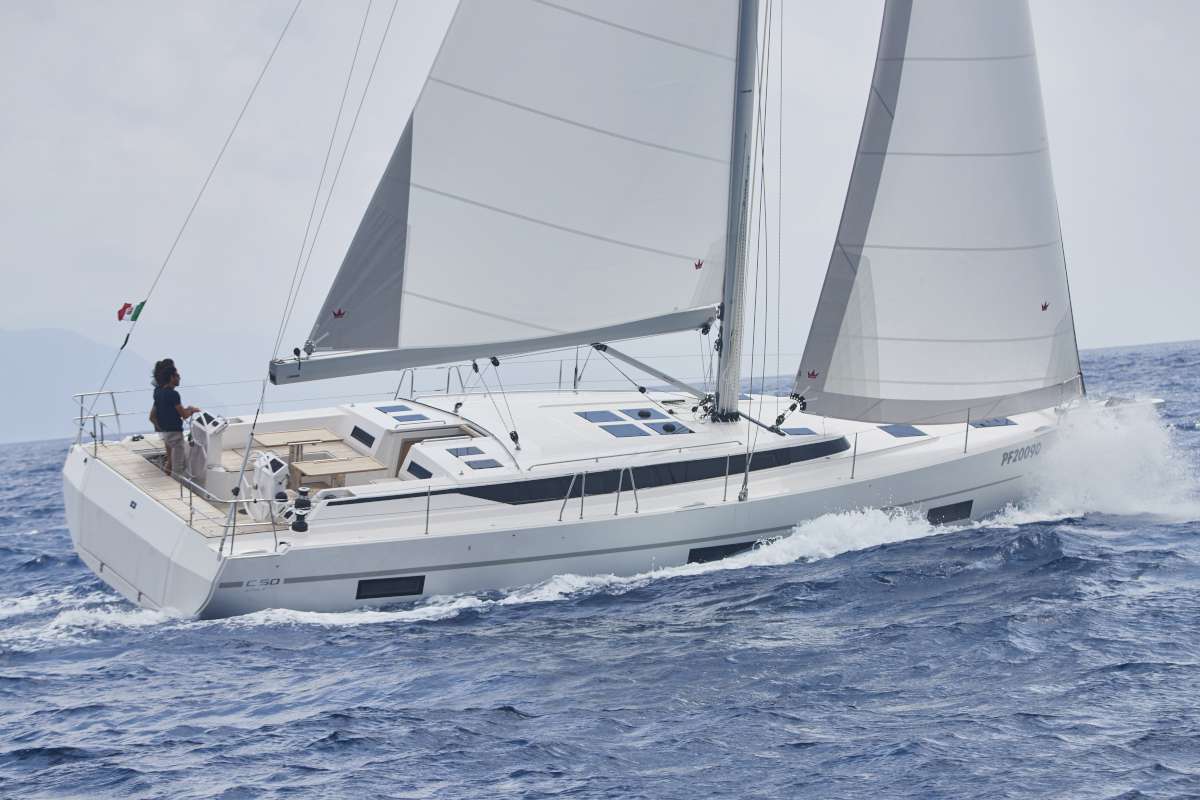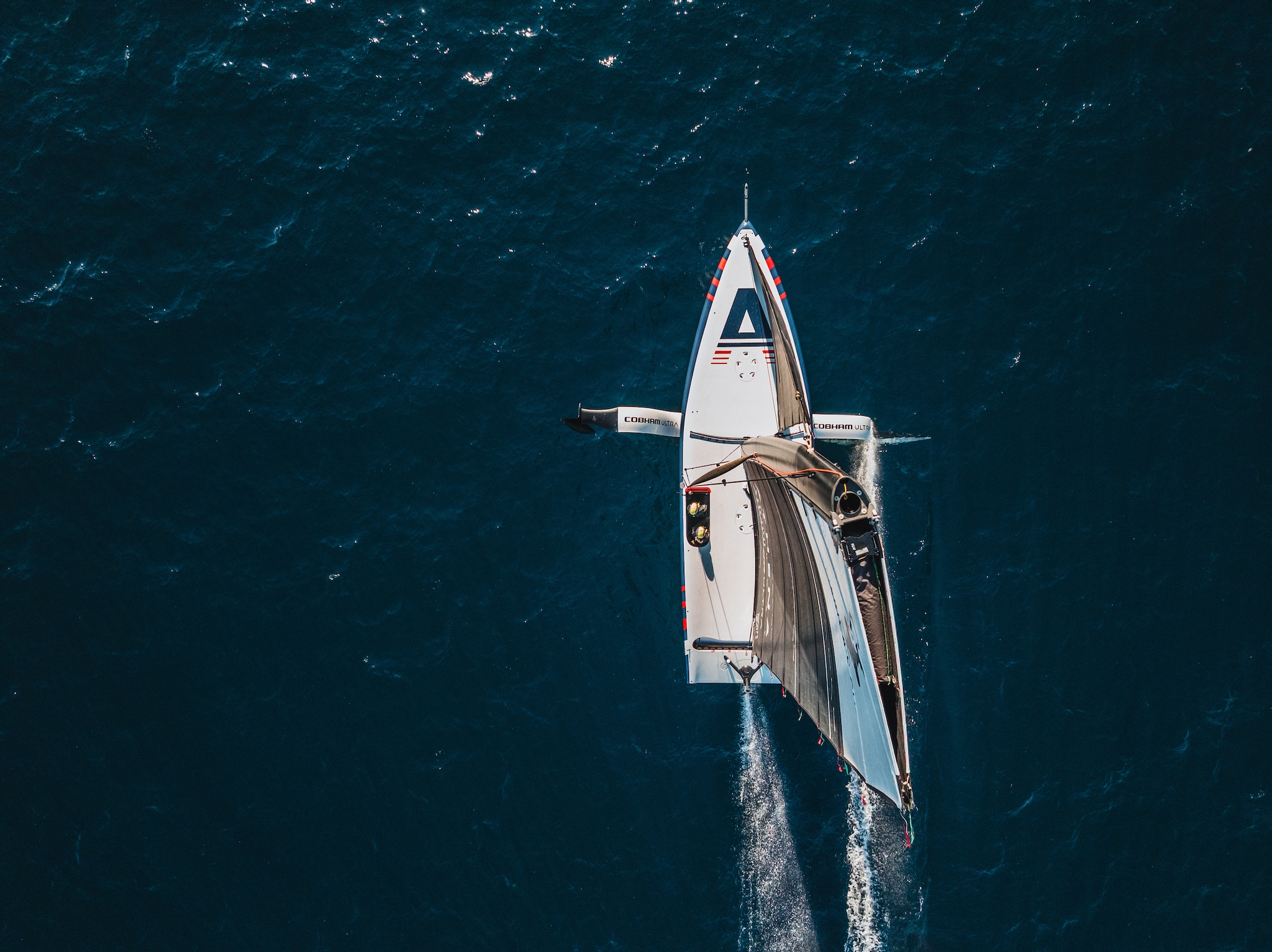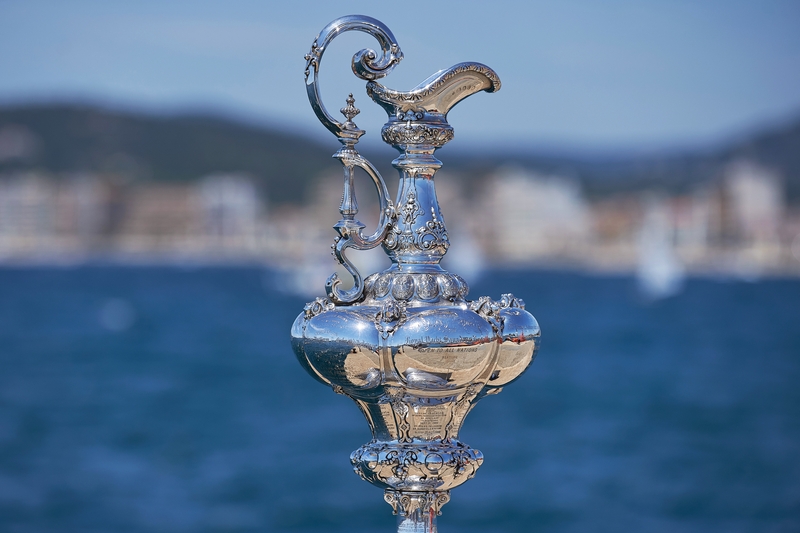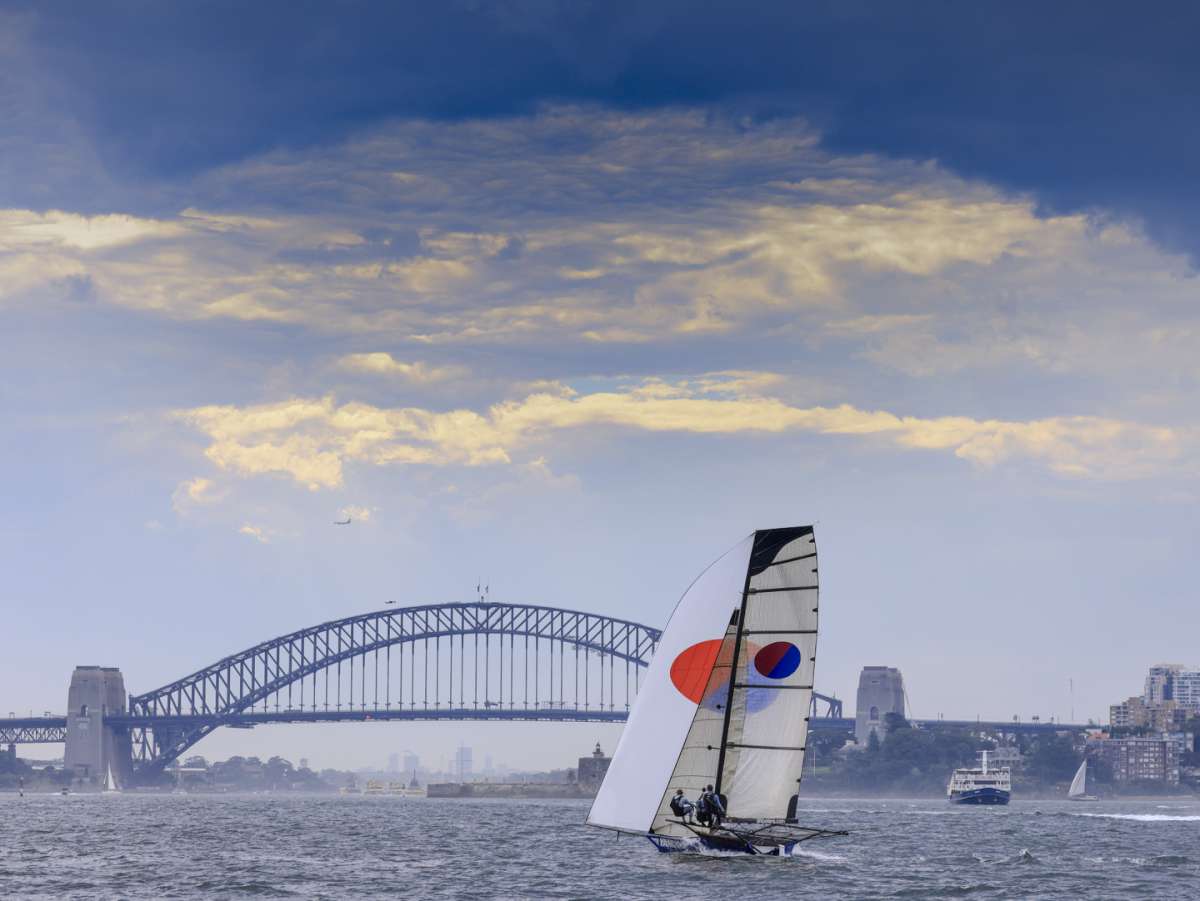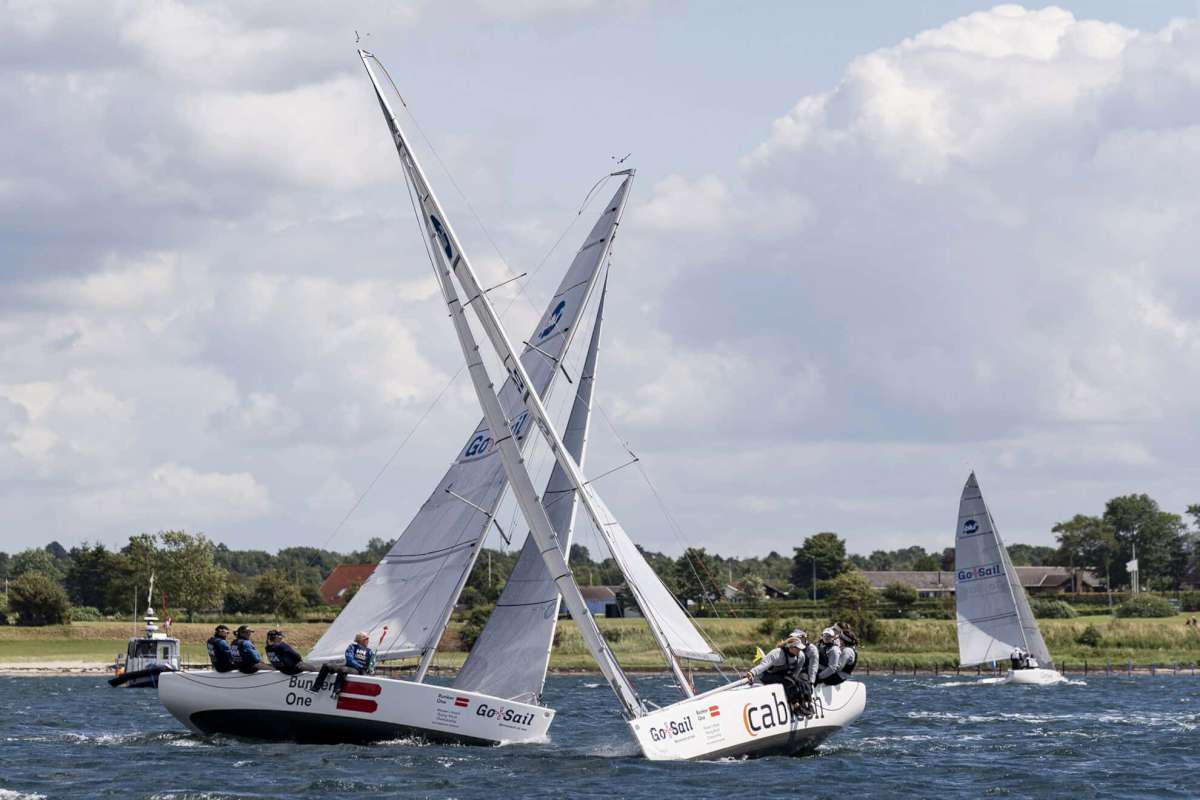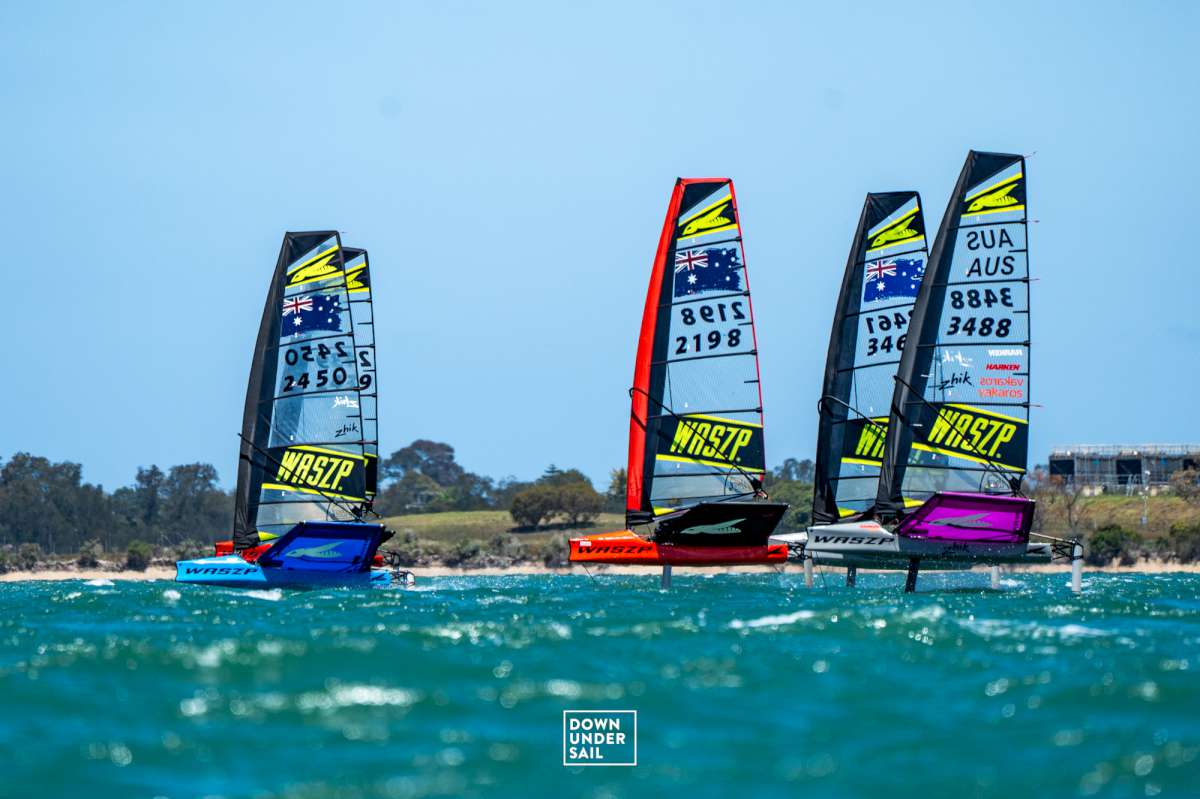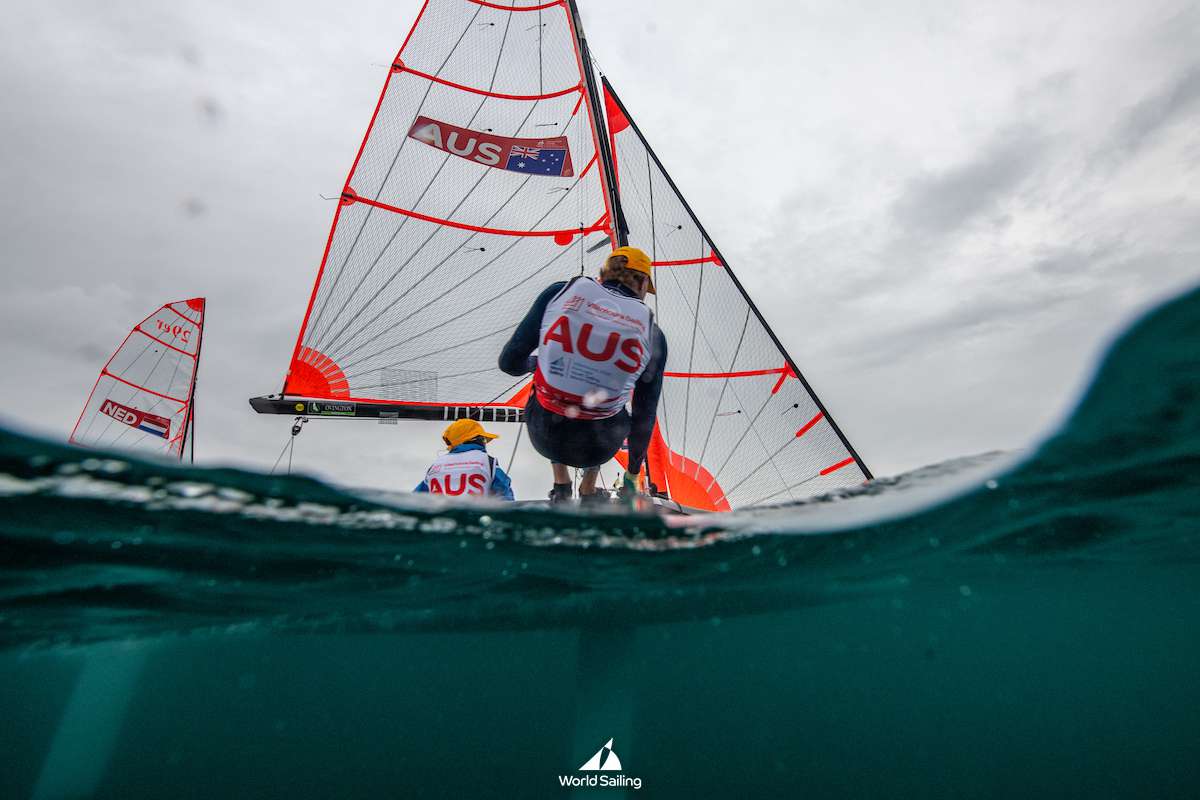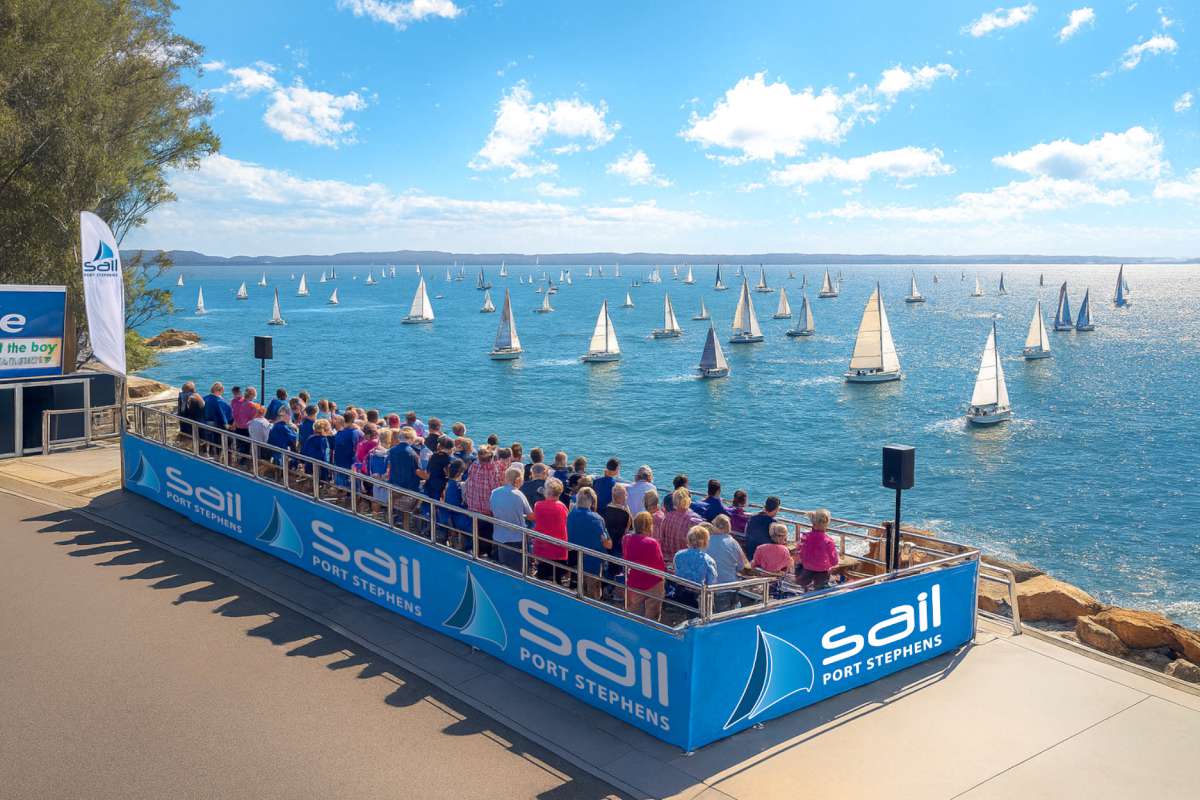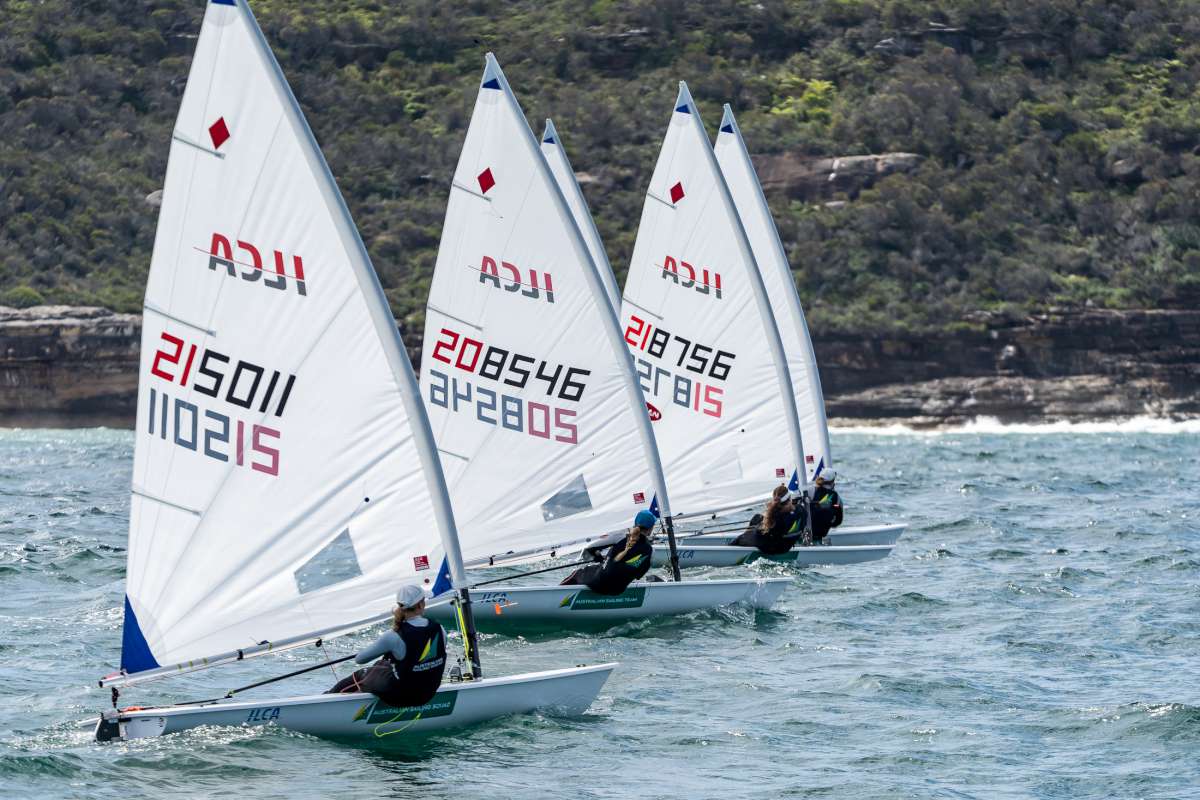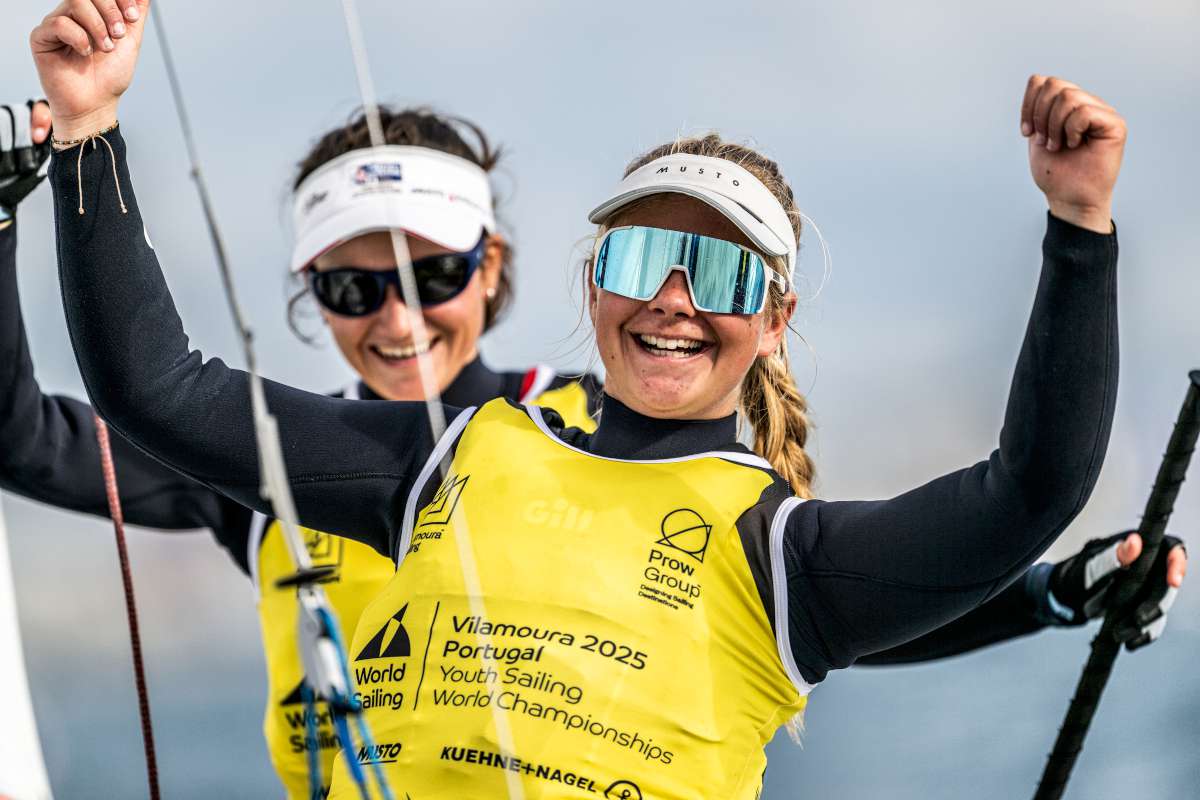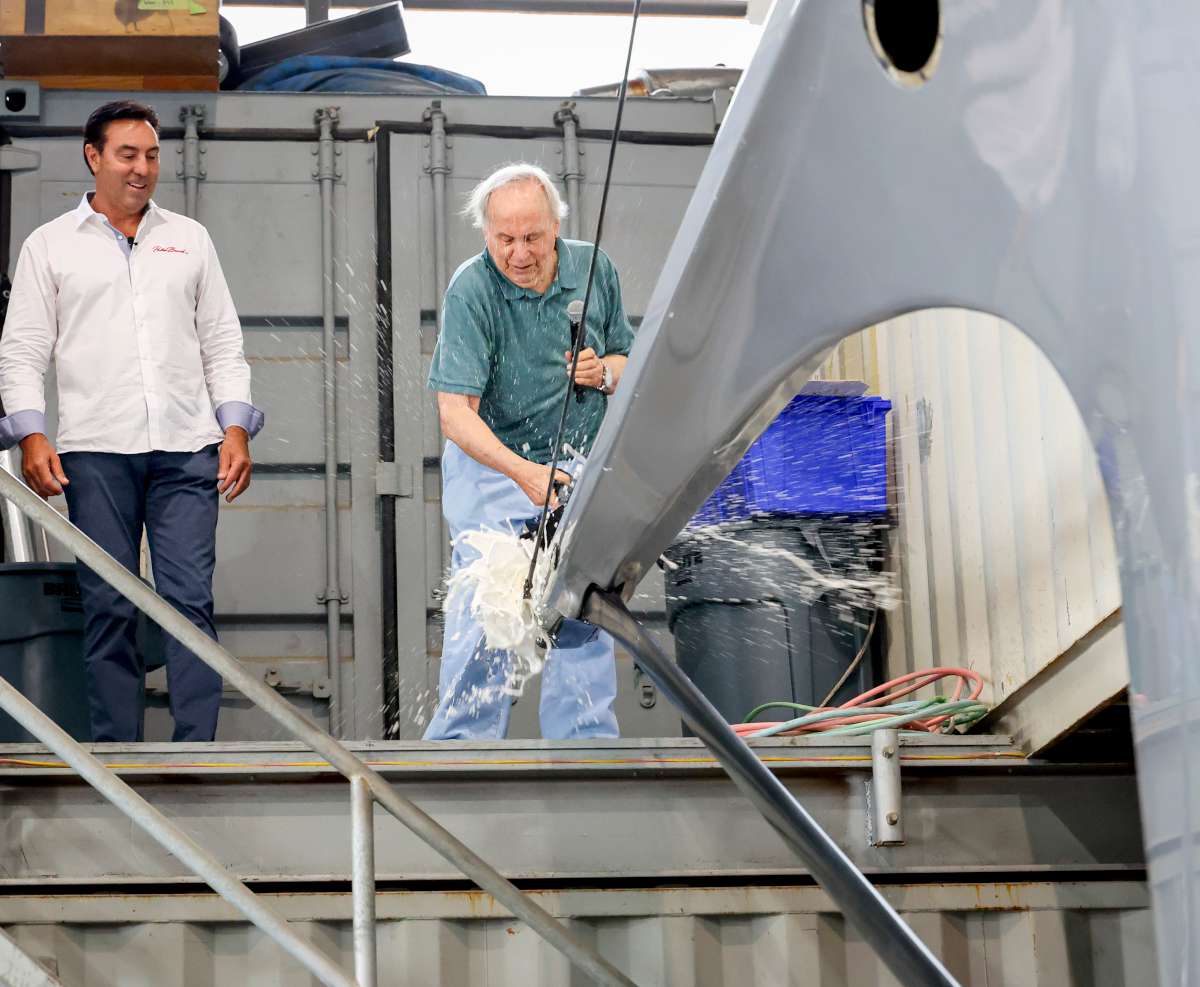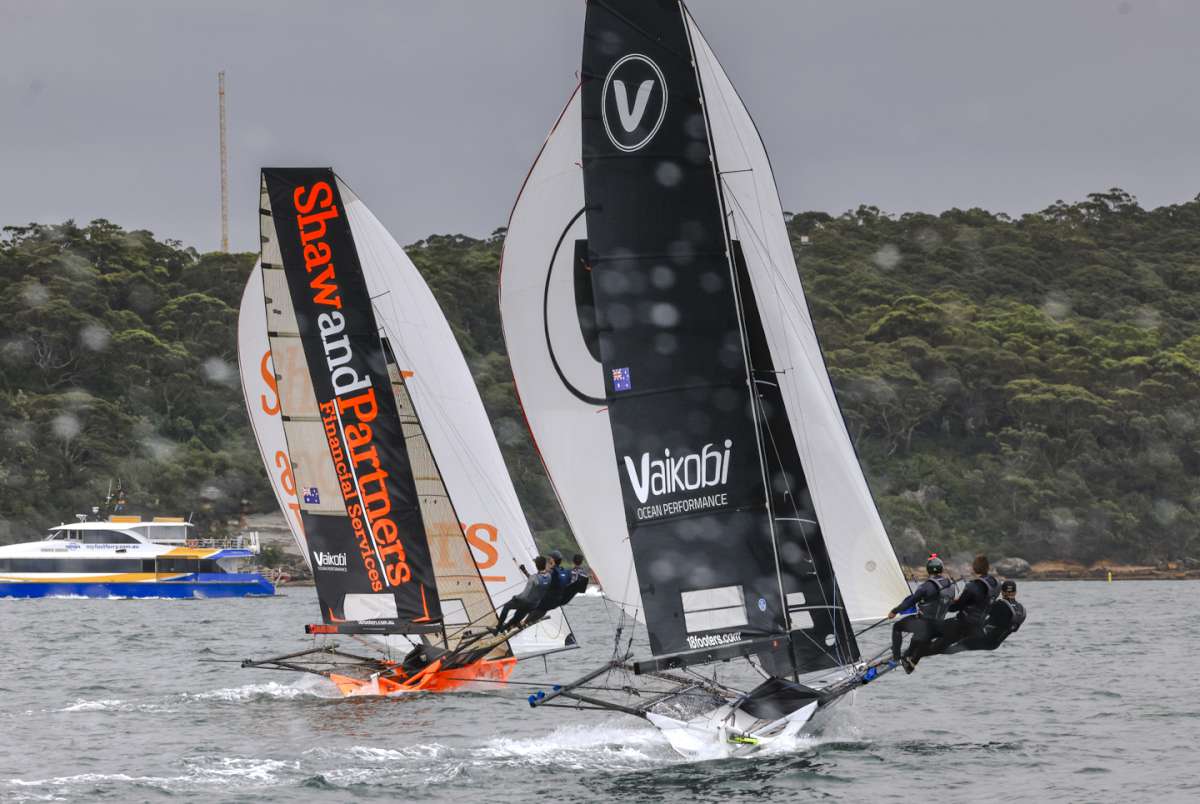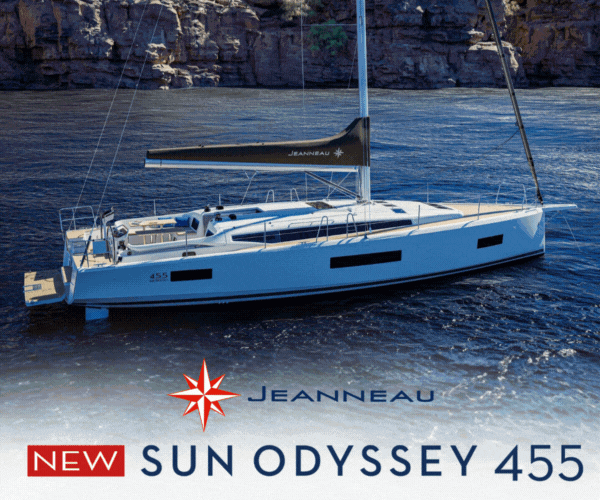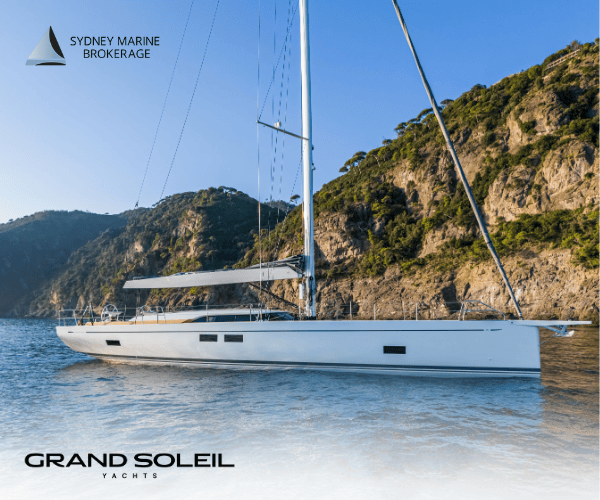By Deborah Dalziel, 2 November 2018
On 22 October more than 430 yacht racing industry professionals gathered in Lorient, France to discuss the state and future of the global yacht racing industry.
Over two jam-packed days the event covered everything from growing youth involvement in sailing to the latest cutting-edge technology advancements in the upper end of the sport.
The 2018 Yacht Racing Forum was a smorgasbord of yacht racing professionals from around the world, representing many aspects of the industry from professional sailors to yacht architects and designers to sailing media and marketing.
There was a big focus on the changing format and technology advancements coming to major events – primarily the America’s Cup and the ‘Fully Crewed Around the World Race’ (formerly known as the Volvo Ocean Race).
Some of the other key areas discussed were:
-
The future of yacht racing and growing participation;
-
Race and regatta management – what’s required to run successful events;
-
New developments in yacht technology and design;
-
Marketing and media – the business of sailing;
-
Prominent French offshore classes including Ultime, IMOCA and Class 40.
The Future of Yacht Racing; Growing Participation
I have a particular interest in the topic of growing sailing participation, so have focused my thoughts and takeaways from the Yacht Racing Forum in this area.
One of my key observations from the conversation about growing sailing is, the challenges highlighted by presenters are very similar to what we’re seeing in Australia, and what I have observed through developing MySail, an app to help yachting teams connect with sailors and organise their race crews.
Challenges to growing the sport include:
-
Busy lifestyles that don’t allow much free time or flexibility for people to participate in sailing;
-
The perception that sailing is an elitist sport or something many people ‘can’t do’;
-
Real and perceived barriers to entry created by the geographical requirements of sailing, the structure of yacht clubs, cost of boat ownership, etc.
These factors are all creating barriers for people to go sailing and need to be addressed by looking at how the format and perception of sailing can be changed, if we are to continue growing the sport.
Pathways & Promotion
Providing training and educational pathways can create opportunities for people to become sailors and grow in the sport. These pathways not only help sailors move to new levels, but are a way to help fix the ‘leaky bucket’ sailing is currently experiencing, whereby people are attracted to the sport but subsequently drop out due to disinterest, time constraints or lack of opportunity.
Major events such as the America’s Cup and the Volvo Ocean Race are successful in attracting public attention. However, effort needs to be made to promote the amateur and social aspects of sailing in order to improve public perception of sailing as an accessible, attainable and fun activity that THEY can do.
There’s also a relatively new kid on the block when it comes to increasing public interest through high-level sailing. Established in 2013, the Star Sailors League aims to provide a global sailing competition that pits country against country in a round-robin elimination phase for up to 40 participating teams, followed by an elimination round for the top 16.
Sailors will be ranked from results obtained at Olympic Games, World Championships and Sailing World Cups, and these rankings will be used to establish the 40 participating nations. A strict one-design, 45 foot yacht will be provided for racing to ensure quality of sailing and not quality of equipment decides the overall winner.
Mateusz Kusznierewicz is a Polish sailor and one of the Star Sailors League’s founders. He explains the aim is to provide a sailing circuit that’s like the ‘football world cup for sailing’ with a format that encourages public interest.
Sailing is fun! Winning is Fun?
Similar to most sports, the vast majority of sailors will compete at club and local events, and never make it to the top positions in the America’s Cup, Volvo Ocean Race or other elite events. Even at a local or club level, many sailors will not be at the wining end of the fleet very often, if at all. As much as it’s great to win races, there can only be one winner, and if winning if the primary goal for participants, most will end up unhappy with their result.
To keep sailors engaged and motivated, there needs to be a cultural shift away from winning as the only form of success, and look at other ways to measure a good result. For a team that is consistently in the lower half of the fleet, the goal could be to finish in the upper half of the fleet. Or the goal could simply be to have a fun, drama free day.
Cost as a Barrier to Growing Sailing
The question of affordability was a common theme; from youth sailing through to the top end of town, where the justification for burgeoning costs is starting to be questioned by sailing’s elite owners.
As well as the cost of yachts and equipment, applying efforts to keep costs in check at races and regattas is also important to maintaining, or preferably growing participation levels. As a way to create profitable events without charging exorbitant entry fees, one strategy that seems to have achieved some success is to increase social participation by sailors’ friends and family as well as community members. Drawing more participants into the event not only provides another potential revenue source, it also helps create a fun and vibrant atmosphere, builds awareness of sailing and provides an opportunity to draw in potential new sailors.
Reducing the length of regattas can also help keep participation rates up. In recent years Charleston Race Week has reduced their event to 3-days, bringing down the overall costs to participants as well as making it easier to fit the regatta into busy schedules.
Yacht clubs or businesses can implement fleet ownership programs to improve access to sailing. The organisation purchases and maintain the boats, and make these available to teams to use in events at a cost that’s lower than if they were to buy and maintain them privately. The added benefit of this ‘concierge sailing’ is that the skipper and crew just show up and sail, with boat preparation and maintenance managed as part of the rental cost.
The New York Yacht Club has created a new one design class, the IC37, and by next season will have 20 yachts available for a series of five regattas. As a further step to ensure inclusivity and growth in the sport, the crews will be required to have a minimum of two men and two women on each yacht, and youth under 16 will not be included in the overall crew weight measurement.
Technology to Improve Accessibility
On the topic of accessibility, a lot can and is being achieved through the use of technology.
Social media and digital recording equipment provide easy ways to record and share your sailing experiences. These technologies provide a platform to share compelling stories and inspiration to sailors and non-sailors alike.
The rise of technology platforms that connect people to information, events and other sailors are gaining traction and increasing awareness and opportunities for people to go sailing.
Gaming is a growing area in many sports, including sailing. Earlier this year Virtual Regatta, in conjunction with World Sailing, held the first eSailing World Championships. Philippe Guigne, CEO of Virtual Regatta sees eSailing as a way to get more people involved in sailing, with their current user base made up to 50% sailors and 50% non-sailors.
Where to From Here?
Despite the challenges to growing participation in the sport, one thing is clear from this year’s Yacht Racing Forum; the passion and dedication of the global sailing community.
I for one am excited to see where things go from here.
The 2019 Yacht Racing Forum will be held November 25-26 in Bilbao, Spain.
About the Author
Born in Canada, Deborah Dalziel moved to Australia in 2010. Already a sailor and marine enthusiast, she quickly became involved in the sailing world in Sydney where she joined the Middle Harbour Yacht Club and started racing regularly on a variety of yachts. She also volunteers on the Sailing Committee at Middle Harbour Yacht Club as the Women’s Keelboat Representative, and, whenever possible, volunteers as a skipper for the local Sailability branch.
Deborah founded MySail in 2016, with the goal of making it easier for yachts to find and manage their race crew, improve sailors’ ability to find exciting new racing opportunities, and to help get more people sailing, more often.
